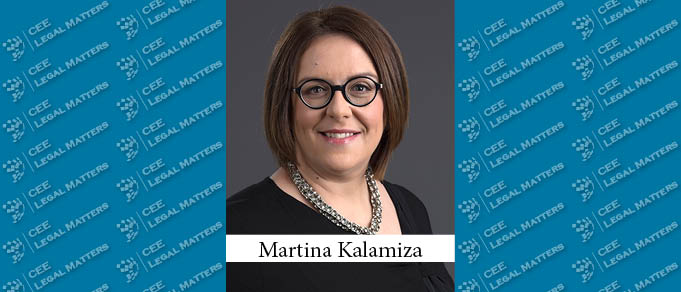Sustainable finance is at the very heart of the financial system ensuring financial service providers offer green products and push them and the corporate businesses to be greener, to reach a higher level of social and corporate relevance when making investment or financing decisions.
Sustainable Finance – Croatian Legal Framework and Green Transition
The enactment of, among others, the Sustainable Finance Disclosure Regulation, Taxonomy Regulation and LCR Regulation on the EU level boosted the way for twisting from traditional finance and investment (either through bank financing or bond issuance) into a sustainable one. The basic idea of the stated regulations is to accomplish a higher level of preservation of social rights, introduce good practices in corporate governance, and create a low-carbon economy resistant to climate changes.
Along with the EU Regulation, the Croatian Parliament enacted the Law on Implementation of the Disclosure and Taxonomy Regulation which, together with the EU rules, creates a legal framework for sustainability and its introduction in the field of financing and investments.
Bilateral agreements – such as the memorandum of understanding between the European Investment Bank and the Croatian Ministry of Economy and Sustainable Development signed on January 28, 2021, or the agreement between the European Investment Bank and the Croatian National Bank for Reconstruction and Development – should significantly increase financings to sustainable projects relevant for the public (water, healthcare, transport and energy infrastructure, and the national railway network and motorway) and private sectors on the Croatian market.
The aim of those agreements is to develop strategies in sectors such as renewable electricity generation and transmission, clean energy and energy efficiency measures, renovations and conversions of buildings, green mobility, and support for the Croatian economy’s transition to a circular economy.
Sustainability – Opportunities
While on the global market the use of sustainability-linked principles on granting loans incorporated in the standard loan documentation and sustainability bond principles, green bond principles, social bond principles, or sustainability bond guidelines are in regular use and develop new practices, the Croatian response to sustainable standards for finance, investments, and bond issuances being incorporated into the transaction documentation is… It is getting there.
Sustainability-linked bond principles are rarely used/incorporated into the bond documentation and there are not a lot of “green products” available on the Croatian capital markets. However, some deals on the Croatian market, such as issuance of bonds by Erste & Steiermarkische Bank d.d. whereby the International Finance Corporation subscribed for bonds in the amount of EUR 75 million in order to support the issuer’s financing portfolio, including green housing loans, give a good signal that this is moving forward. However, there is still room for developments in that sense both on the financial service providers’ side and the borrower’s side.
On one hand, the banks should offer more “green” and “sustainable” financial products and make them available on the Croatian market while, on the other hand, the borrowers should become more resilient to changes. It could be expected that the borrowers will need to be sustainable, determine their exposure to climate change, and understand the risks they will have to cover in order to obtain “green” financing for their operations. They will need to manage and mitigate environmental and social risks factors, employees, and corporate governance in a manner that allows them to be more sustainable.
In order to reach these goals, there will have to be a clear picture as to what sustainability and ESG criteria are, how those principles should be implemented into the businesses, especially in terms of the certain investment being deemed as an investment in a sustainable target and manner how to identify greenwashing. At the moment there are no clear definitions applicable.
Sustainable Finance Going Forward
Sustainable finance does not have alternatives, and as such, it has the tendency to become the market standard. It is relevant both for banks, who may provide financing only to sustainable industries and borrowers with clear ESG standards, as well as for borrowers, who will want to obtain better terms and conditions linked to sustainability-linked principles.
The current COVID-19 pandemic and the earthquake in Zagreb and the surrounding region showed how sustainability is relevant and how companies (mostly real estate companies) should be resilient to climate change and environmental matters. Thus, clear definitions and criteria for sustainability and ESG standards should be set forth in the future and going forward.
By Martina Kalamiza, Partner, Divjak Topic Bahtijarevic & Krka
This Article was originally published in Issue 8.11 of the CEE Legal Matters Magazine. If you would like to receive a hard copy of the magazine, you can subscribe here.
























